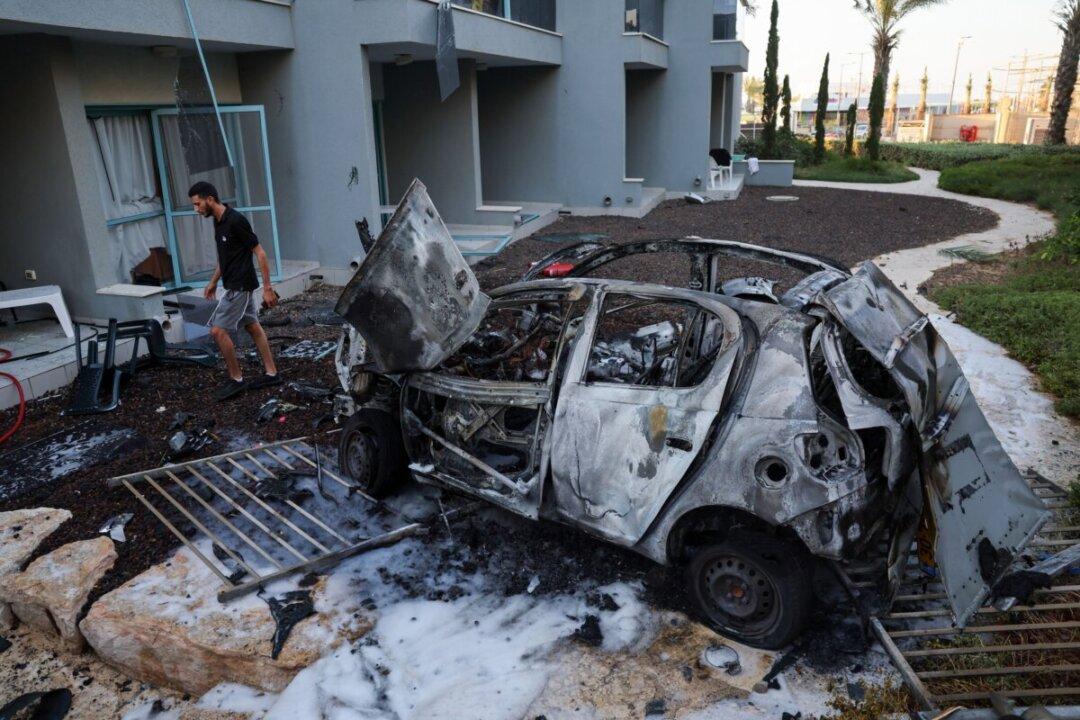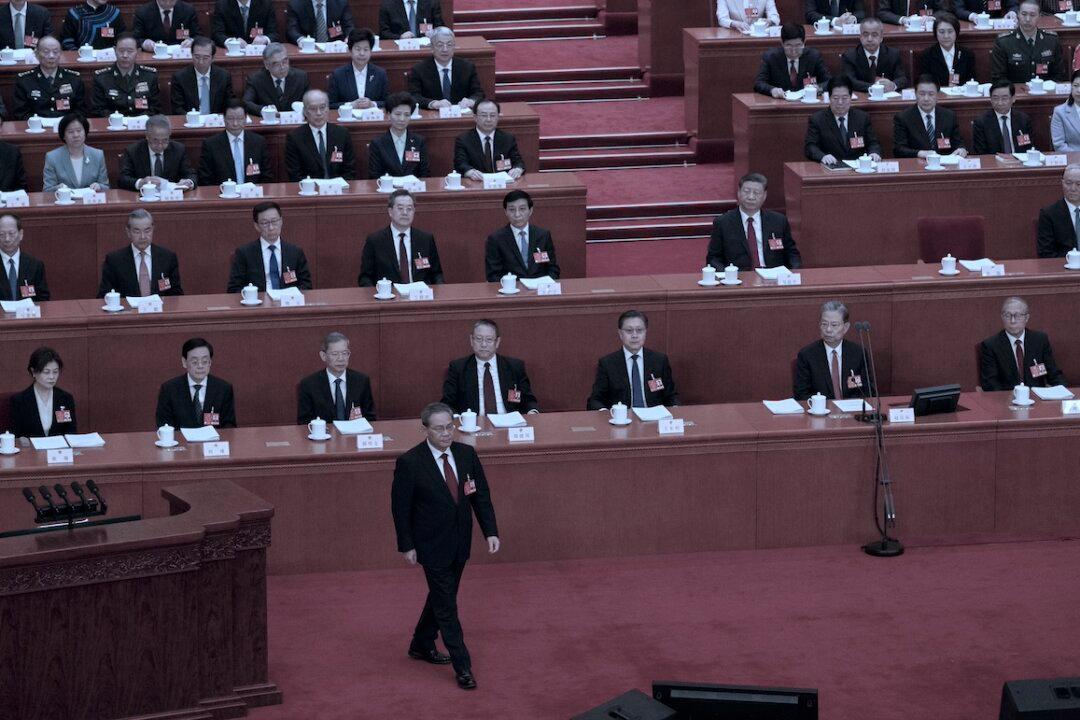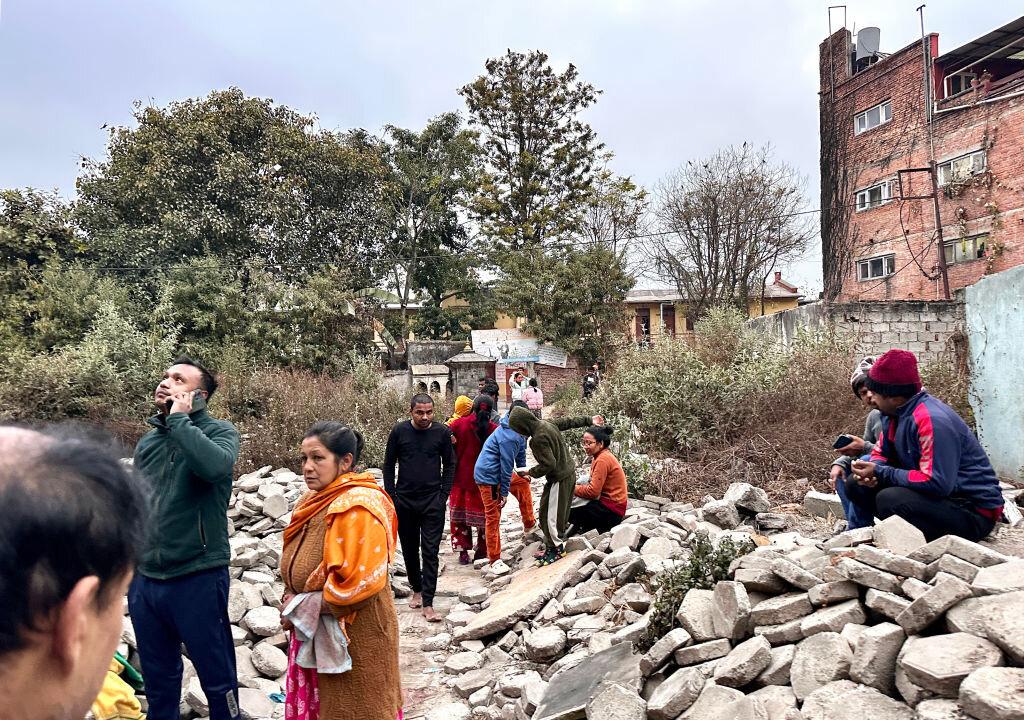“I saw with my eyes a living human standing there being killed,” a Chinese national in southern Israel’s city of Ashkelon recounts. He called the experience “the most horrific moment” of his life; one of many horrifying moments since Hamas launched its devastating attack on Israel on Oct. 7.
He and thousands of other Chinese working in Israel are stranded amidst an escalating conflict. And despite the popularity of Chinese patriotic films like Home Coming (2022) that depict the thrilling evacuations of Chinese from foreign war zones, no such rescue awaits them.




